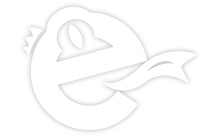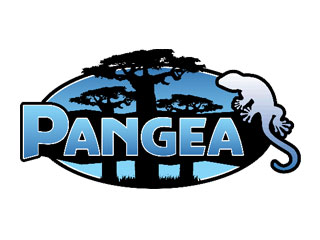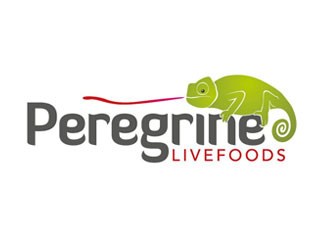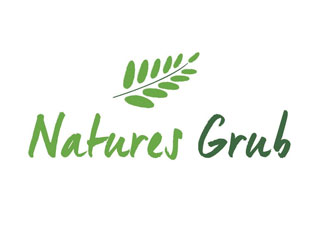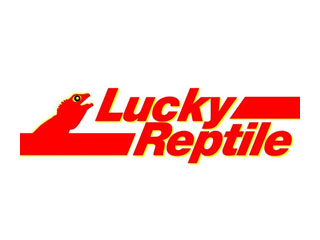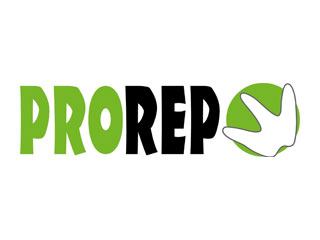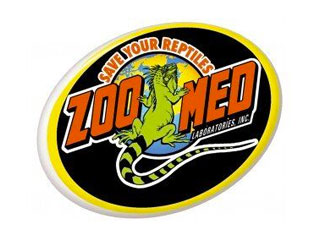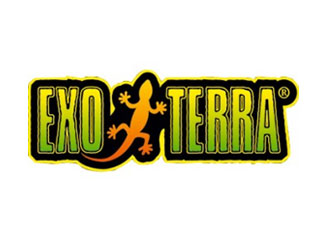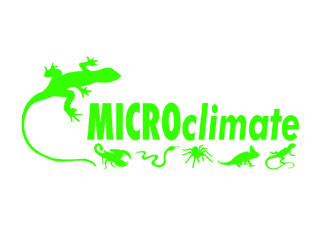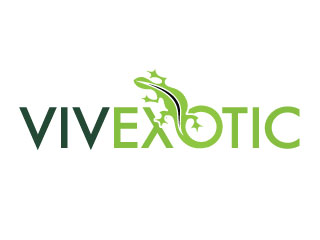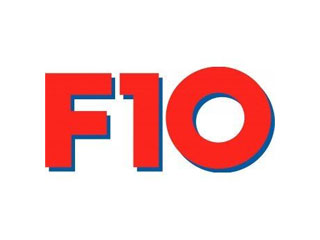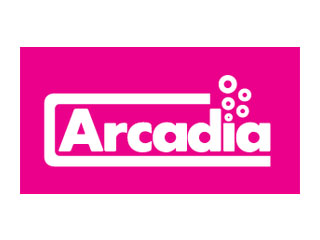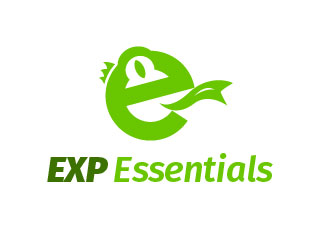About wild caught exotic pets
Wild Caught, Wild Collected or WC are animals which have been collected directly from the wild.
Arguments in favour of purchasing Wild Caught animals
Sustainable harvesting of certain species can help protect threatened habitats by ensuring that local people see the importance of keeping their resource safe. This in turn brings income and jobs to local areas, raises awareness of the need for conservation and can help protect other species by safeguarding their habitats.
Genetic diversity - Increasing the number of unrelated animals in breeding projects can maintain the quality of captive bred offspring.
Getting new species into culture - Keeping species alive and propagating them in captivity can safeguard endangered animals from going extinct.
Initial purchase price - Wild caught animals are generally cheaper than captive bred animals owing to their collection in large numbers and low overheads for distributors as they do not necessarily have to pay for housing, feeding and caring for them long term.
Arguments against purchasing Wild Caught animals
Over collection - Many unthreatened species are taken from the wild with no care for sustainability. Over-collection can lead to declines in populations of such species. There is a list of animals (CITES) whose export is now banned because of overexploitation in the past amongst other reasons. This list grows year by year.
Upset ecosystems by their removal. Removing large numbers of a certain species of group of animals can have negative effects on the rest of the flora and fauna within that ecosystem. For example, the removal of the top predator from an environment can lead to overabundance of prey. Conversely, absence of prey animals could lead to demise of predators. Both of these can have serious knock on effects up and down the food chain.
Stress - An animal taken from the wild will undergo much stress from capture to transport, sometimes over thousands of miles and finally to being kept in a small, alien enclosure for the rest of its life. Unable to make sense of this ordeal, many animals may never fully recover and die either in transit, shortly after, or even years later due to serious but hidden internal stress related problems.
Parasites - In the wild, animals harbour a certain level of parasite infestation. These infestations are kept at bay by the lifestyle of the animal in question, but an increase in stress (caused by transport), unsanitary conditions and non treatment once in captivity can lead to these parasites becoming a problem. An animal that cost significantly less initially than a captive bred one may end up costing the owner dearly if vets bills are taken into account.
DOA - For every animal that reaches a pet shop, many will die soon after capture, or during transit owing to the two reasons above.
Acclimatisation - Some animals will never acclimatise properly and will remain skittish or aggressive meaning that they will never become 'pets'.
Feeding - Many animals have gotten used to hunting live food in the wild and will not readily accept the switch to easily available frozen foods. Much work may need to be done to convert a captive over to a convenient food source and some may refuse to make the switch.
Ethics - How can an animal that has had freedom ever be truly happy when caged, even if all its basic requirements are met?
© Chris Turner 2008
